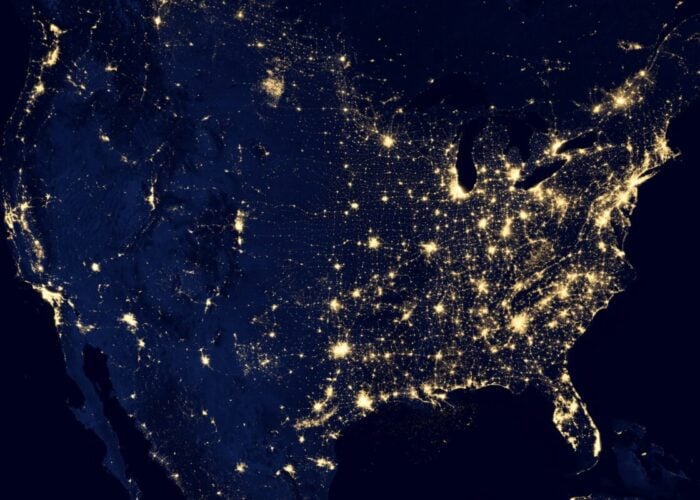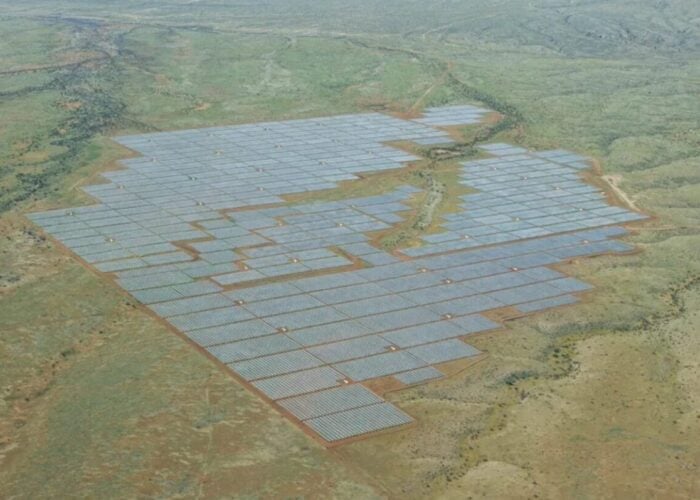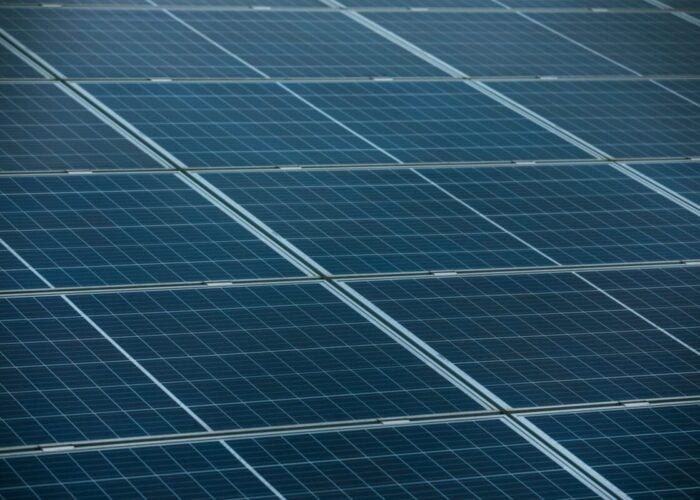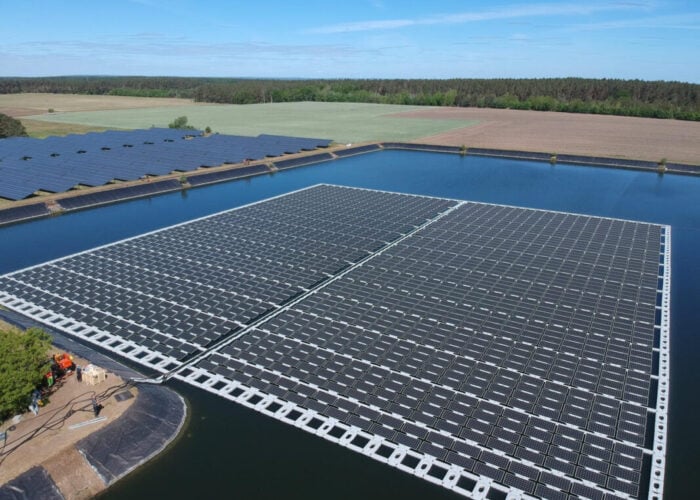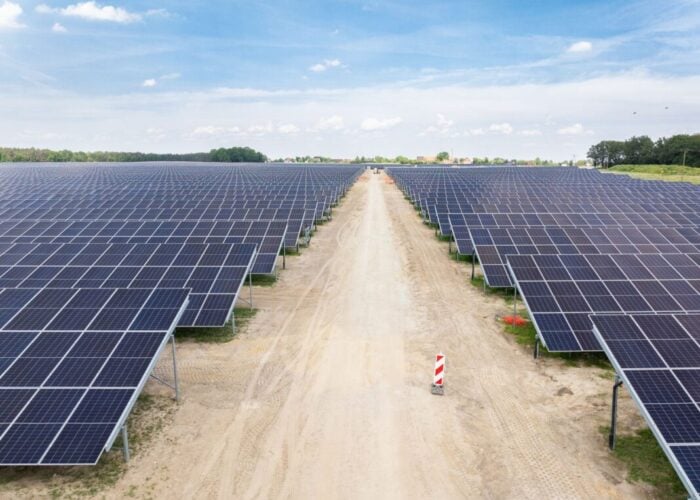An area focusing on renewable heating as well as a three-day forum on the topic will be added to offerings at Intersolar Europe at next year’s show.
The show, running from 4 to 6 June 2014 in Munich, will have a wider overall range of technical topics than previous editions, including the recently announced inclusion of the Energy Storage Show.
Unlock unlimited access for 12 whole months of distinctive global analysis
Photovoltaics International is now included.
- Regular insight and analysis of the industry’s biggest developments
- In-depth interviews with the industry’s leading figures
- Unlimited digital access to the PV Tech Power journal catalogue
- Unlimited digital access to the Photovoltaics International journal catalogue
- Access to more than 1,000 technical papers
- Discounts on Solar Media’s portfolio of events, in-person and virtual
The section on solar heat generation will be expanded to include other forms of renewable energy-powered heating systems. These will include woodchip and pellet fired heating systems, mini combined heat and power plants, cogeneration systems and heat pumps.
From 2015, water heaters and hot water storage tanks for newly built smaller residential buildings will be required to meet EU regulations on ecologically-friendly design requirements. These stipulate that all such products meet minimum standards set by the EU and carry the corresponding energy label. This requirement aims to meet the aims set by the European Directive on Nearly Zero-Energy Buildings (NZEB), which was passed in May 2011, requiring new buildings to have energy consumption levels set at ‘nearly zero’. Solar thermal heating is considered to be an especially appropriate technology as only solar water heaters will be able to attain the A+++ grade energy label.
There will also be a separate set of requirements for existing buildings, especially significant in Germany, where three quarters of construction in 2011 was focused on work carried out on existing buildings. It is thought that retrofitted heating solutions for existing buildings will have a greater degree of scope for combining solar thermal with other forms of heating technology.
Germany is keen to expand the proportion of heating powered by renewable energy, which in 2012 was only 10.4% of the overall total. Forming a part of the government’s ‘Energiewende’ (‘Energy Transition’) policy, subsidies and incentives are available from agencies including the German Federal Office of Economics and Export Control and the German Federal Ministry for the Environment.
In regard to the newly revised solar heating section the organisers of Intersolar Europe, Solar Promotion, Pforzheim and Freiburg Wirtschaft Touristik und Messe have stated that “extending the range on offer is the next logical step towards achieving the goal of using 100% renewable energy to generate not only electricity but also heat in private households, commerce, industry and municipalities.”

